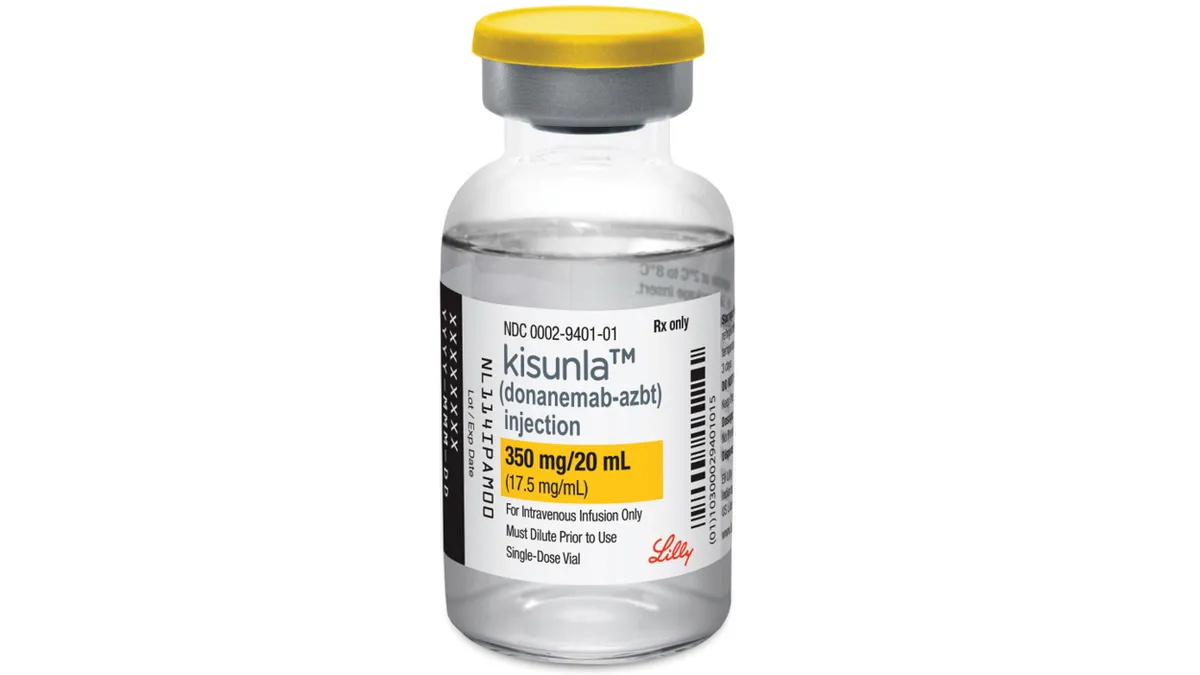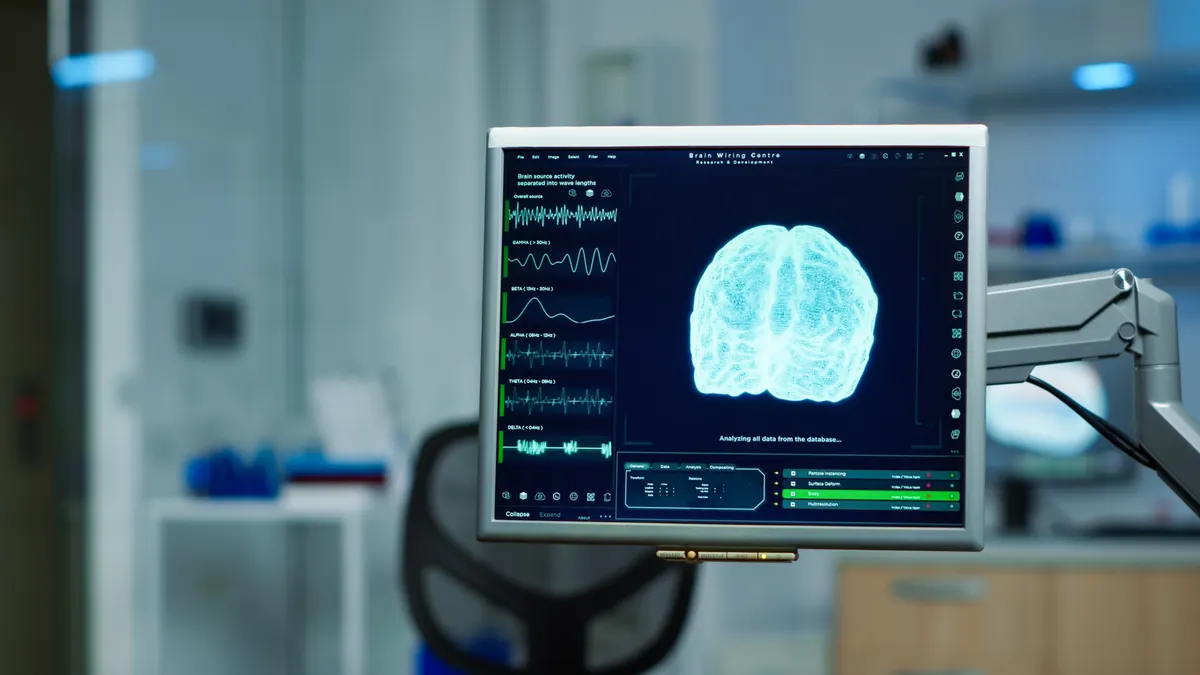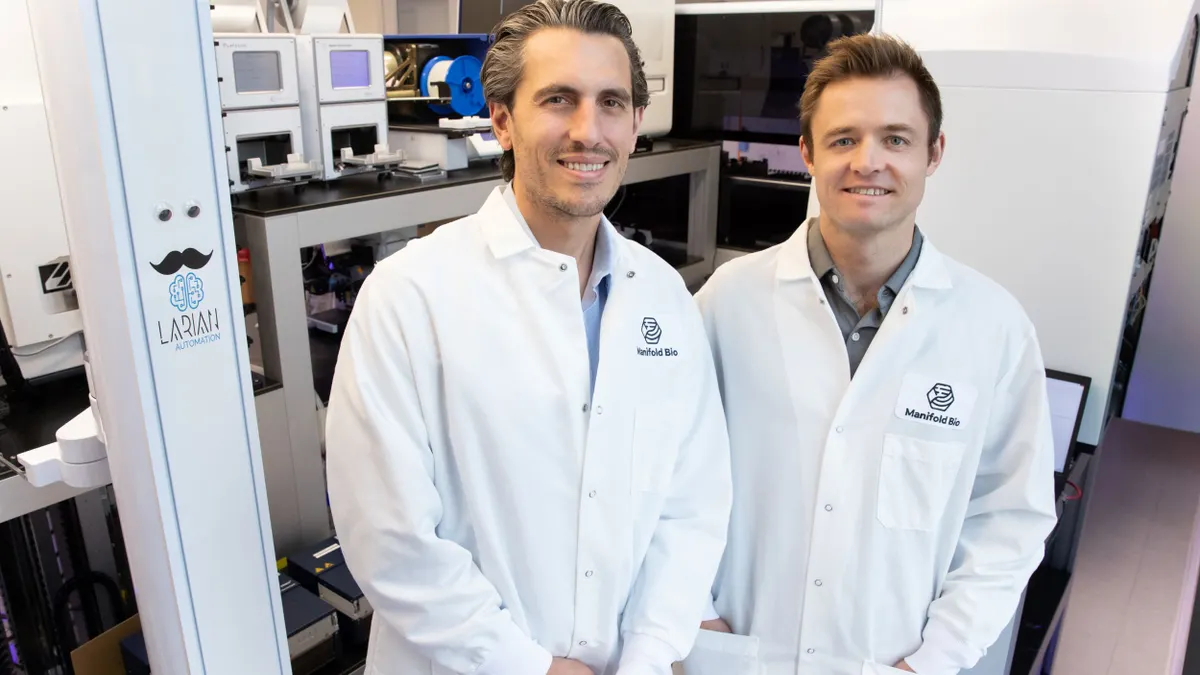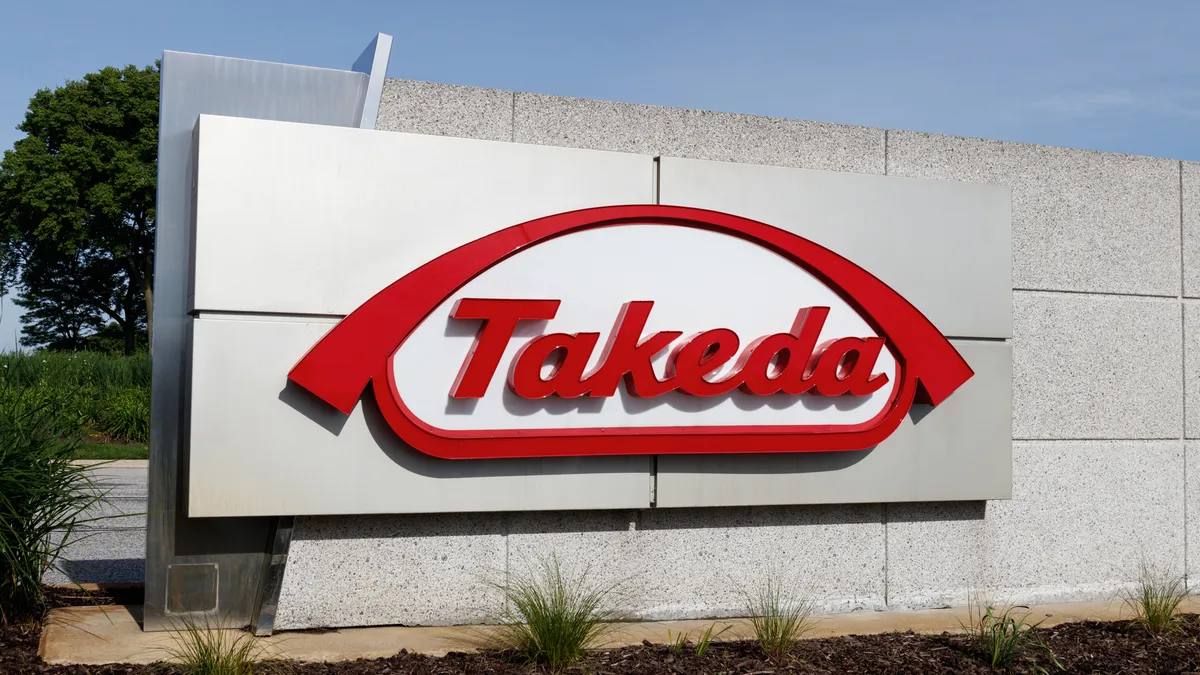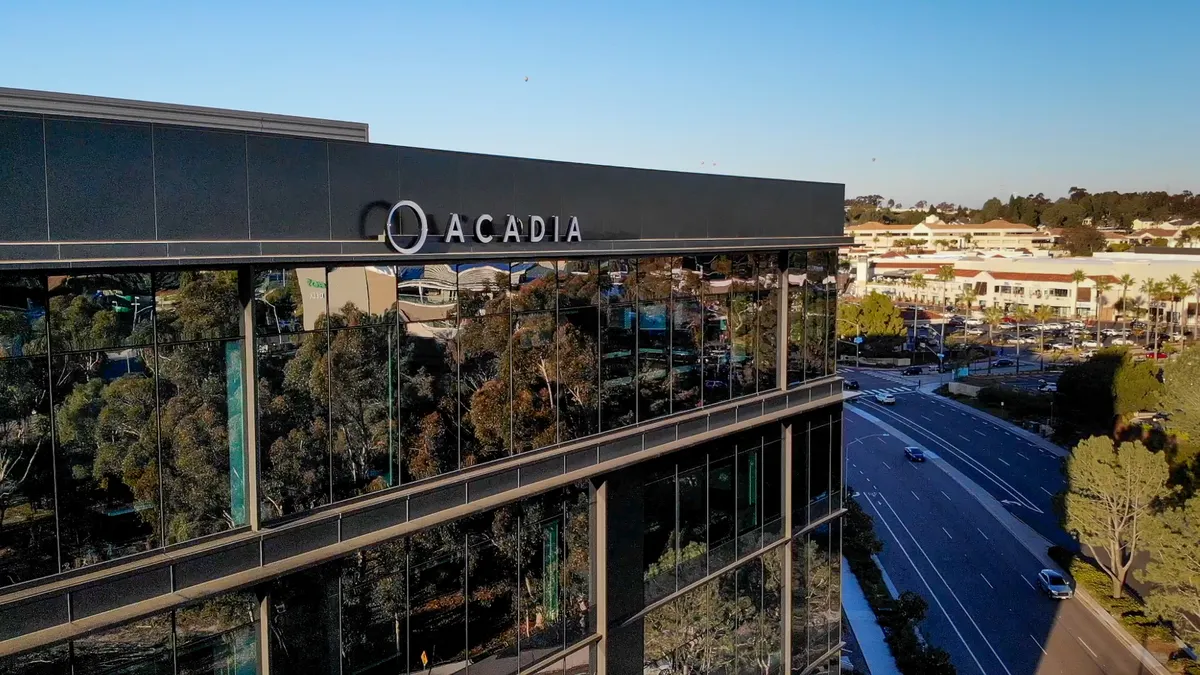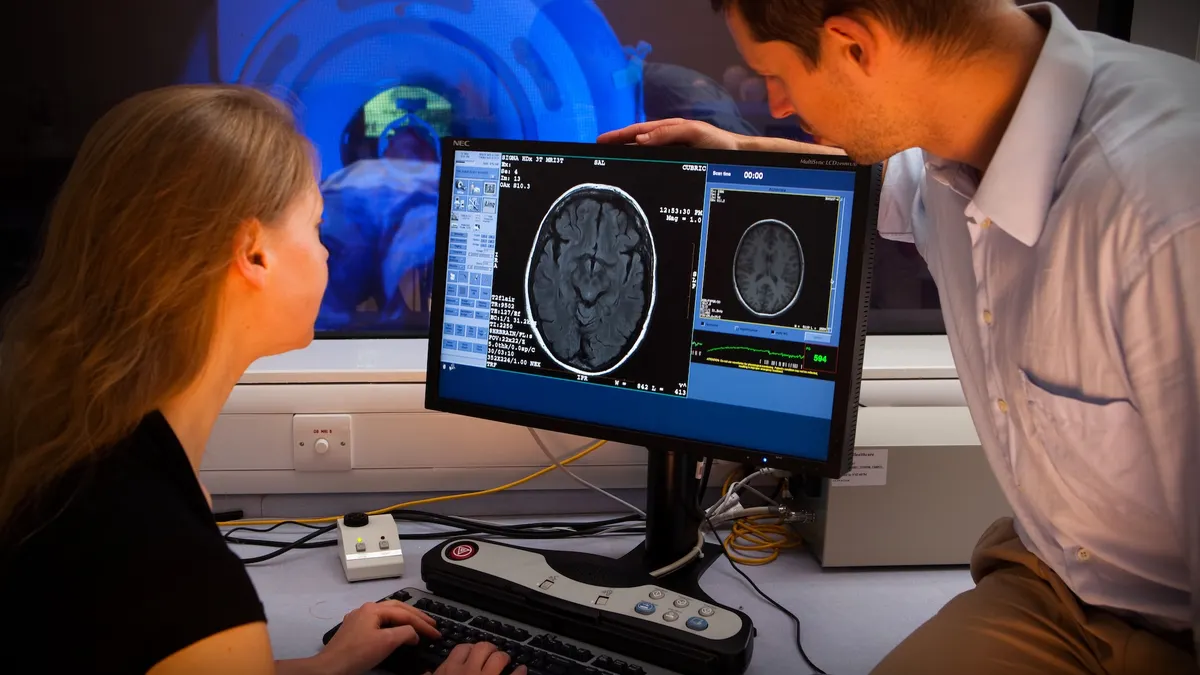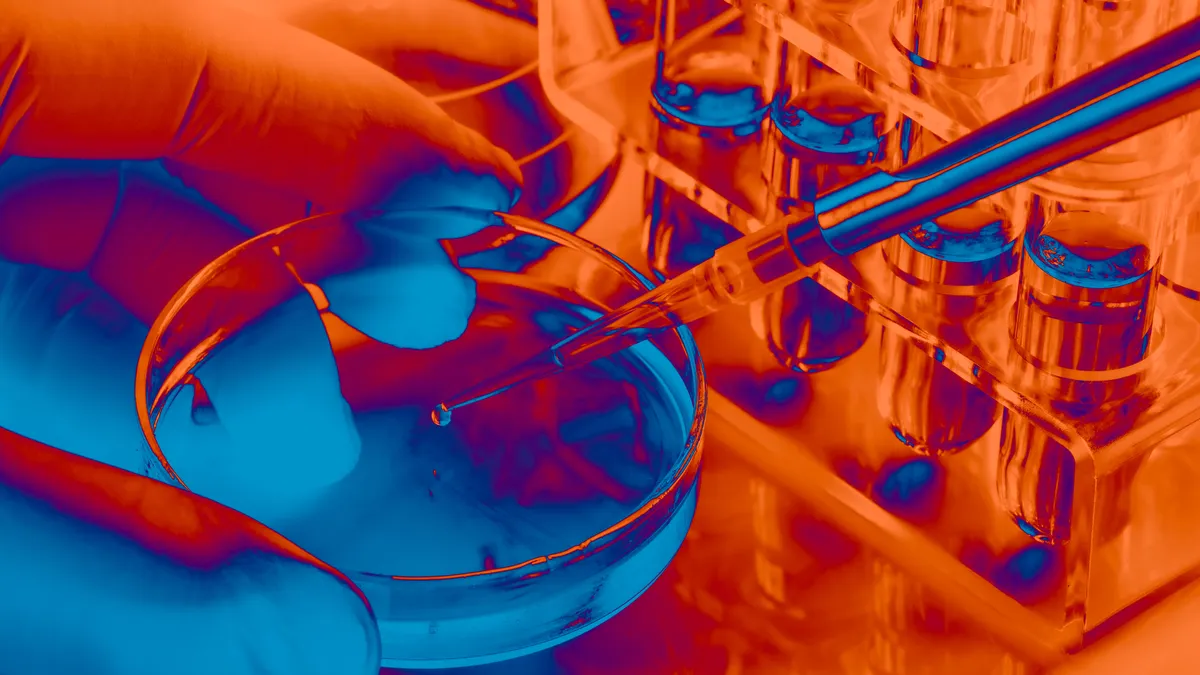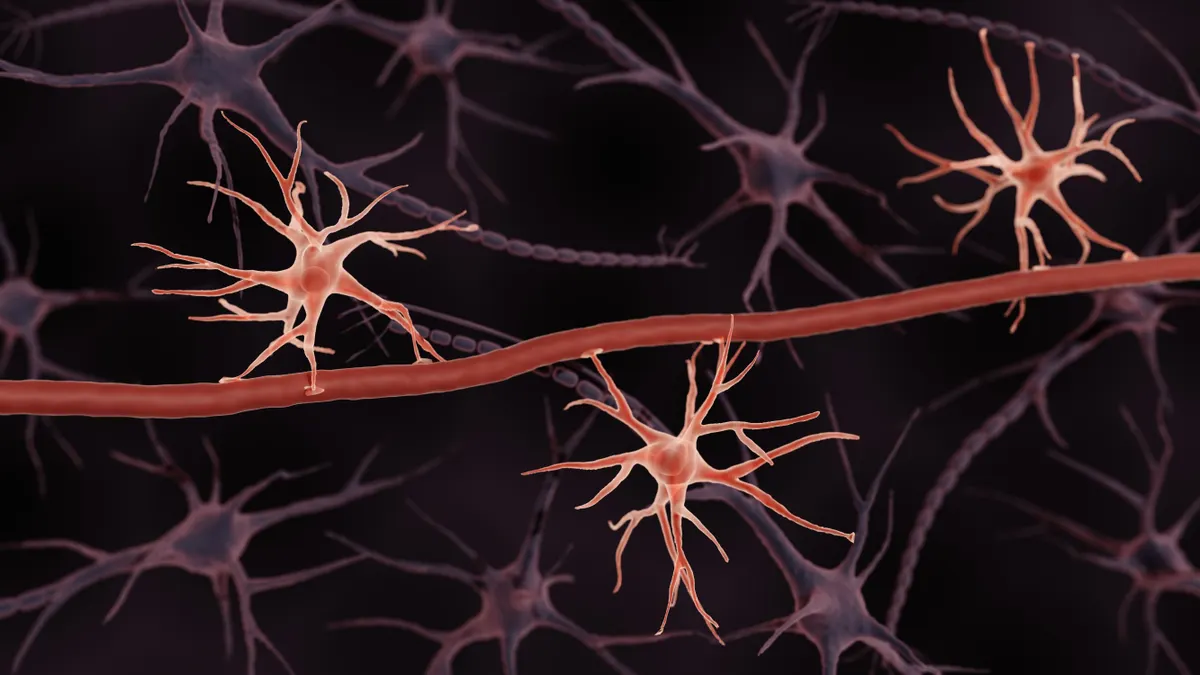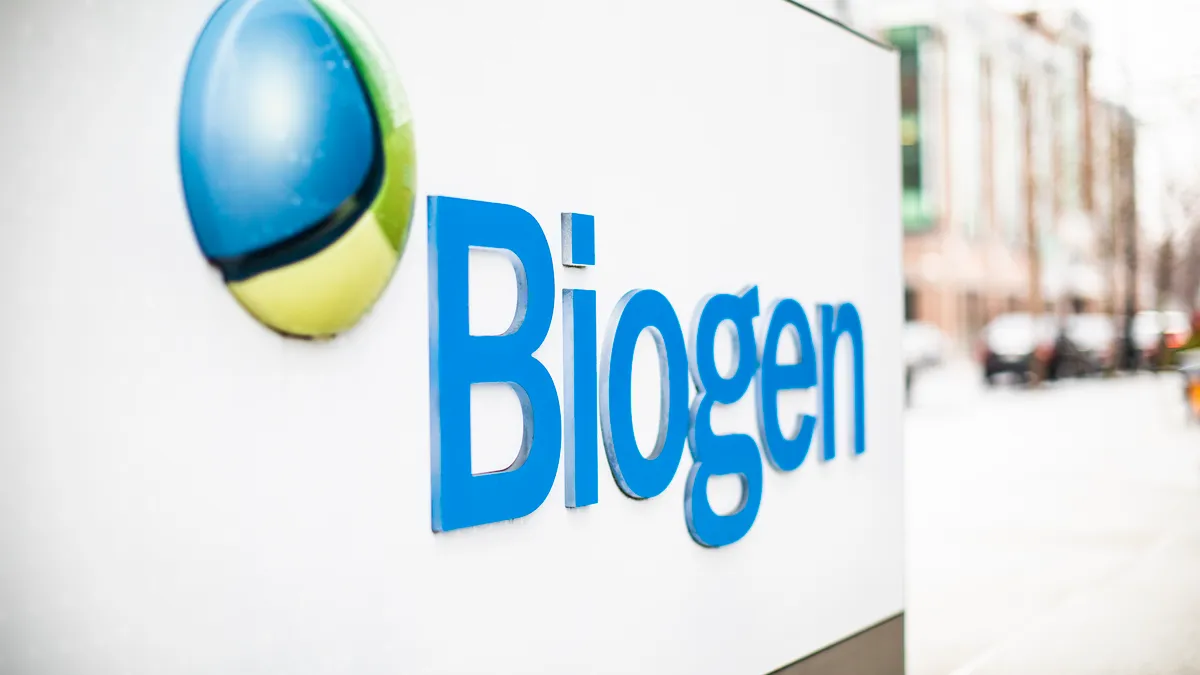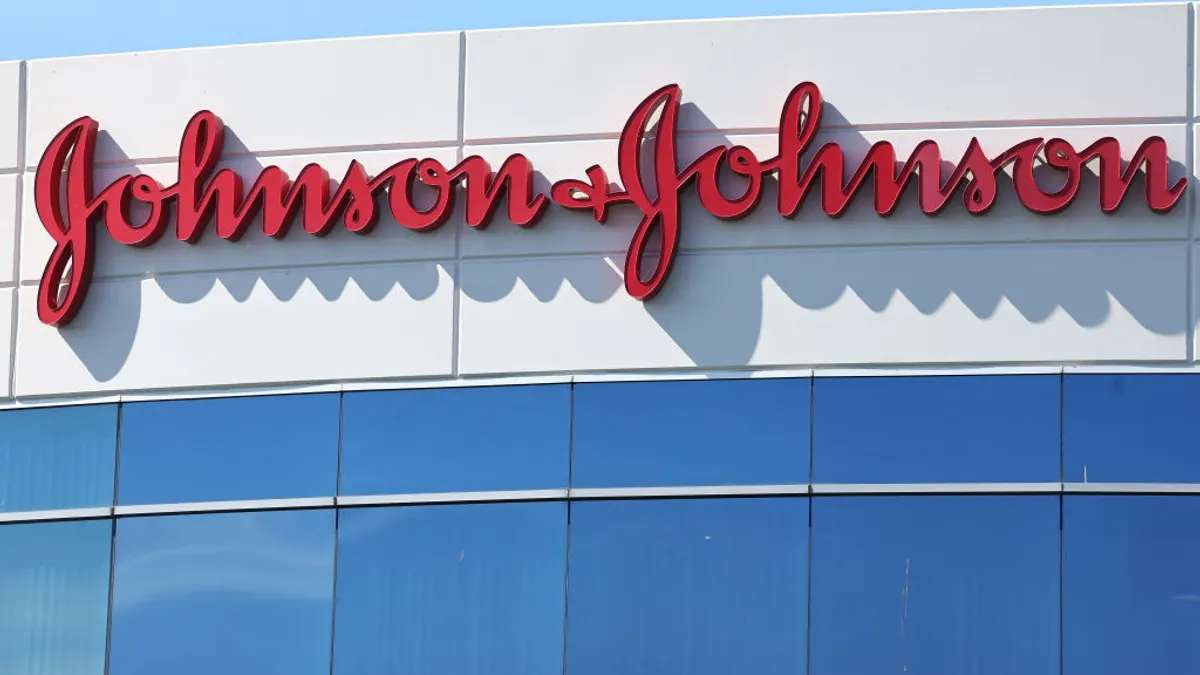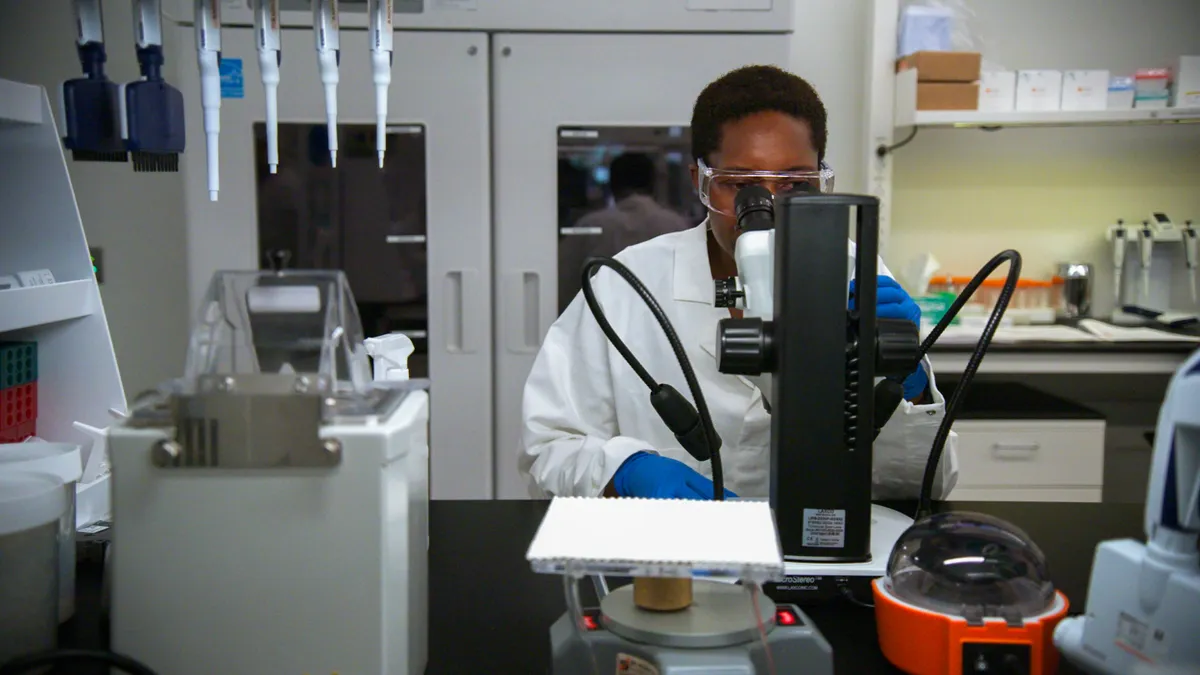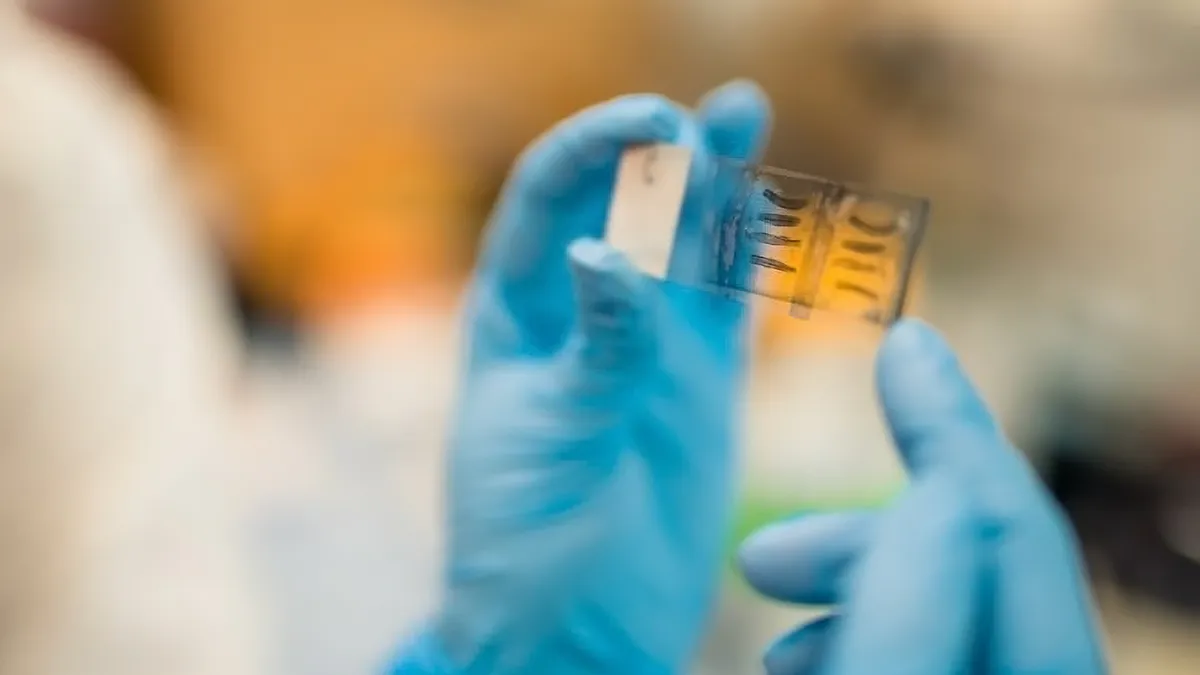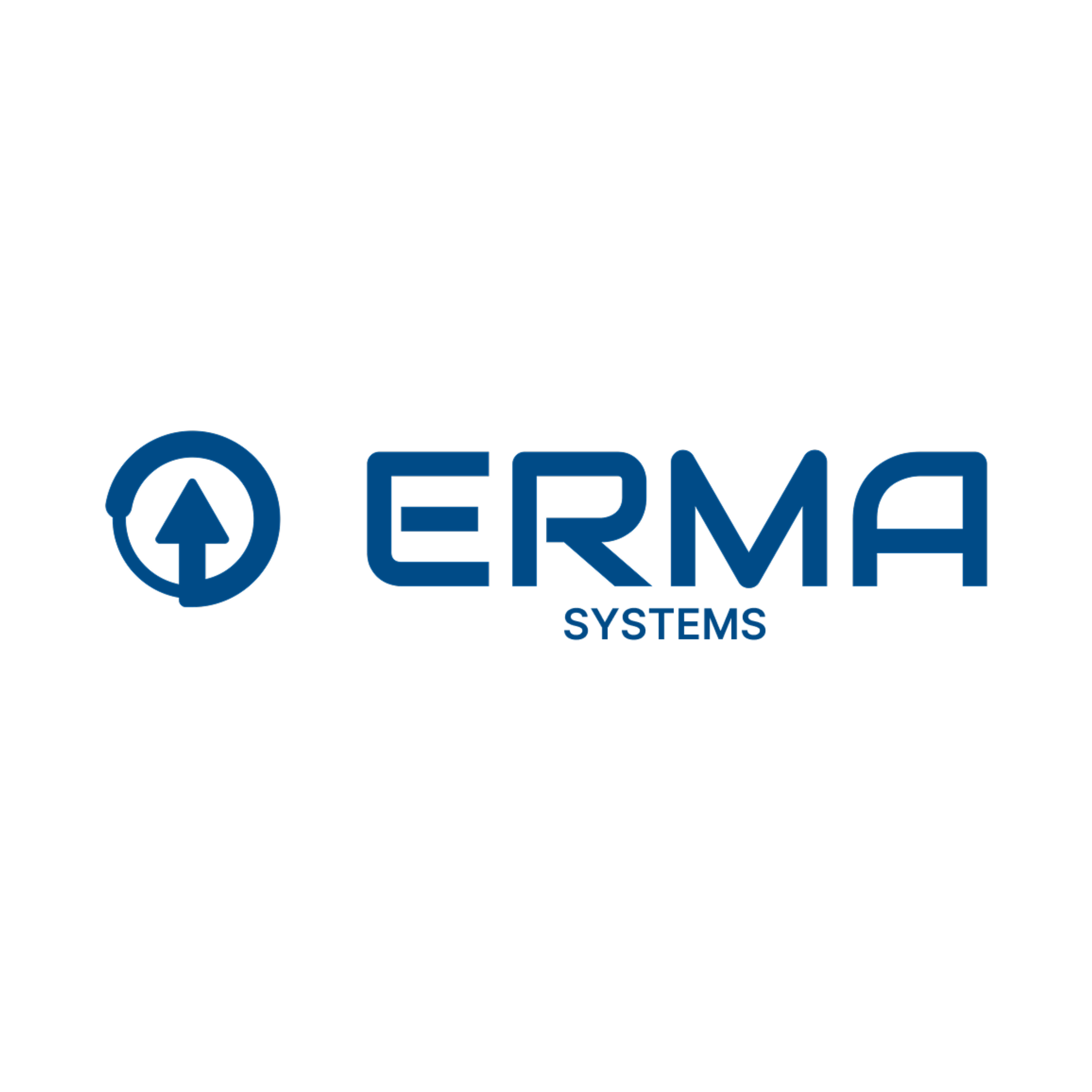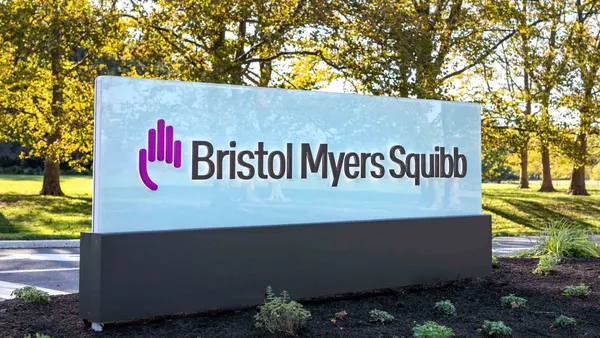Novartis is once again taking aim at Parkinson’s disease, through a deal with Arrowhead Pharmaceuticals that could be worth billions of dollars.
The deal, announced Monday, revolves around a preclinical drug that Arrowhead designed to silence the genetic instructions for “alpha-synuclein,” a protein tied to Parkinson’s disease and other brain-eroding illnesses. Novartis has now agreed to pay $200 million for an exclusive license to research, develop, manufacture and commercialize the drug.
Arrowhead could receive an extra $2 billion or more by hitting certain development goals and collecting royalties on any resulting products. Per deal terms, Novartis will also be able to select additional disease targets outside of Arrowhead’s current pipeline to advance using the latter’s drugmaking technology, which centers on a technique called RNA interference.
The companies plan to close their agreement sometime this year.
For each program Novartis licenses, Arrowhead will do all the preclinical research that regulators require before they clear a drug for human testing. Novartis would then take charge of the programs, ushering them through the remaining experiments and onto market.
“We believe that one way to effectively target core drivers in Parkinson’s and other neurodegenerative diseases requires completely novel approaches to deliver RNA medicines to the brain,” said Fiona Marshall, president of biomedical research at Novartis, in a statement.
Arrowhead’s technology has “great potential to achieve the type of widespread and effective delivery in key brain structures that will be necessary to see the full benefit of RNA medicines in neurodegeneration,” Marshall added.
Like many neuron-destroying diseases, Parkinson’s has proven exceptionally difficult to treat. Just last year, a potential therapy developed through a partnership between Novartis and Belgium-based UCB came up short in a mid-stage study that enrolled more than 450 participants. Around the same time, Roche disclosed that a Parkinson’s drug it’s been developing for over a decade flunked a second key study — though the company has since determined there were enough positive signals to push the drug into late-stage testing.
AbbVie has hit snags as well, terminating in recent years a couple Parkinson’s-focused collaborations with smaller biotechnology firms. Yet the company did score two wins in this space last year by securing approval for a drug now sold as Vyalev and by notching surprisingly strong clinical results for a molecule it picked up through the nearly $9 billion acquisition of Cerevel Therapeutics.
For Arrowhead, which has already partnered with or licensed drugs to Amgen, GSK, Takeda Pharmaceutical, and Johnson & Johnson, the agreement with Novartis represents another big pharma vote of confidence in the company’s technology.
It also offers a welcome cash infusion. Arrowhead, whose fiscal year starts Oct. 1, recorded an operating loss of $166 million for the three-month period that ended June 30.
While Arrowhead currently has no commercial products, that may change soon. The company has submitted for approval a medicine for a rare condition that impairs the body’s ability to break down fats, and expects to hear a verdict from the Food and Drug Administration by mid-November.
Arrowhead shares were up more than 9% by late Monday morning, to trade north of $24 apiece.









